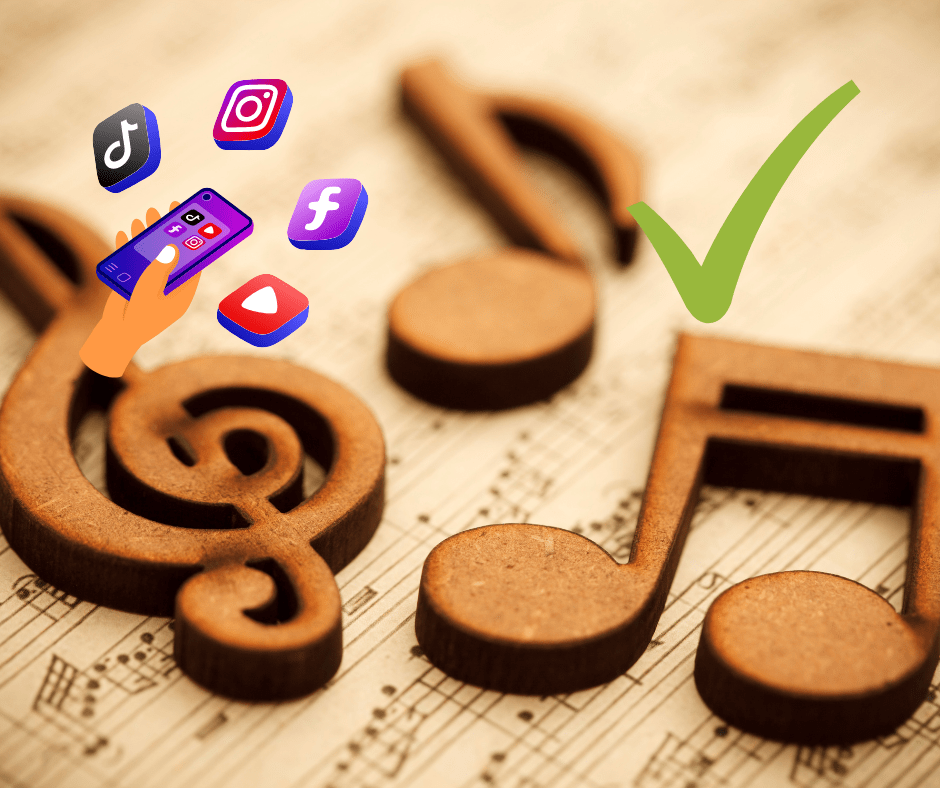As a content creator, you understand the importance of finding the perfect soundtrack for your videos or podcasts. Music has the power to elevate your content, set the mood, and keep your audience engaged. However, navigating the complex world of music licensing can be a challenge. In this ultimate guide to music licensing for content creators, we’ll break down the basics of licensing, how to choose the right platform, and how to avoid copyright issues
Understanding Music Licensing
First and foremost, music licensing is the process of obtaining permission to use copyrighted music in your content. When you license a song, you’re paying for the right to use it in a specific manner, such as in a video, podcast, or advertisement. There are two primary types of licenses you’ll encounter as a content creator:
A. Synchronization License: This allows you to use a song alongside visual media, such as in a video or film.
B. Master License: This covers the actual recording of a song, allowing you to use it in your content without needing to re-record it.
Finding the Right Music Licensing Platform
Next, there are several music licensing platforms available for content creators. These platforms offer a diverse selection of tracks and can cater to various budgets and licensing needs. Some popular options include:
A. PremiumBeat: Offers a large selection of royalty-free music at a fixed fee per track, with a straightforward licensing process.
B. Epidemic Sound: A subscription-based service offering thousands of tracks for a monthly fee, popular among YouTubers and podcasters.
C. Artlist: A subscription platform providing unlimited access to a vast library of music, with a single annual fee covering all usage types.
D. Musicbed: Provides a selection of high-quality, curated tracks, with pricing based on usage and a range of subscription options.
Avoiding Copyright Issues
In order to prevent copyright issues, it’s essential to understand and follow the licensing terms for the music you’re using. Some tips for avoiding copyright issues include:
A. Ensure you have the appropriate licenses: Double-check that you have both synchronization and master licenses if required.
B. Keep your licenses organized: Maintain a record of all the music you’ve licensed, along with the terms of use and any expiration dates.
C. Be cautious with “free” music: Some free music sources may not have clear licensing terms, so it’s best to use reputable platforms to avoid issues.
D. Consider royalty-free music: Royalty-free music can be an affordable and hassle-free option, as you typically pay a one-time fee for usage rights.
Streamline Your Creative Workflow
Lastly, choosing the right music licensing platform can help streamline your creative workflow. Consider these factors when selecting a platform:
A. Budget: Determine your budget for music licensing and choose a platform that fits within your means.
B. Licensing terms: Review the platform’s licensing terms to ensure they align with your intended use.
C. Music selection: Look for a platform with a diverse selection of music to suit your content’s various needs.
D. Ease of use: Choose a platform that is user-friendly and makes it simple to search, preview, and download tracks.
In conclusion, music licensing is an essential aspect of content creation, helping you enhance your videos or podcasts and engage your audience. By understanding the basics of licensing, choosing the right platform, and avoiding copyright issues, you can streamline your creative workflow and produce outstanding content.

